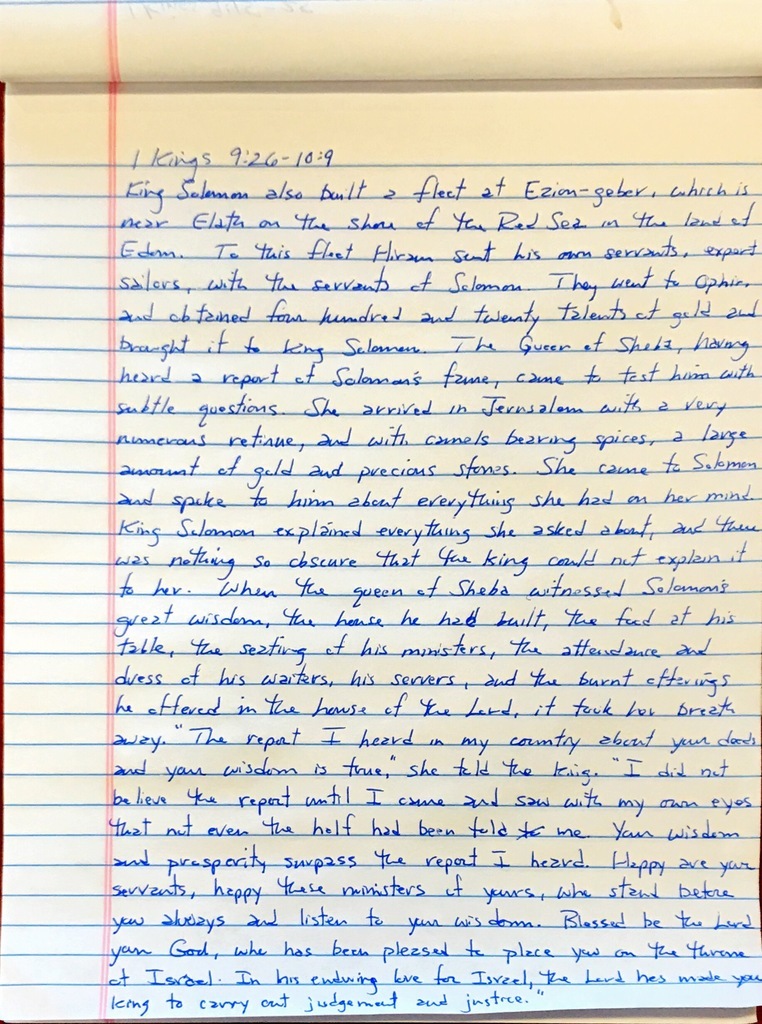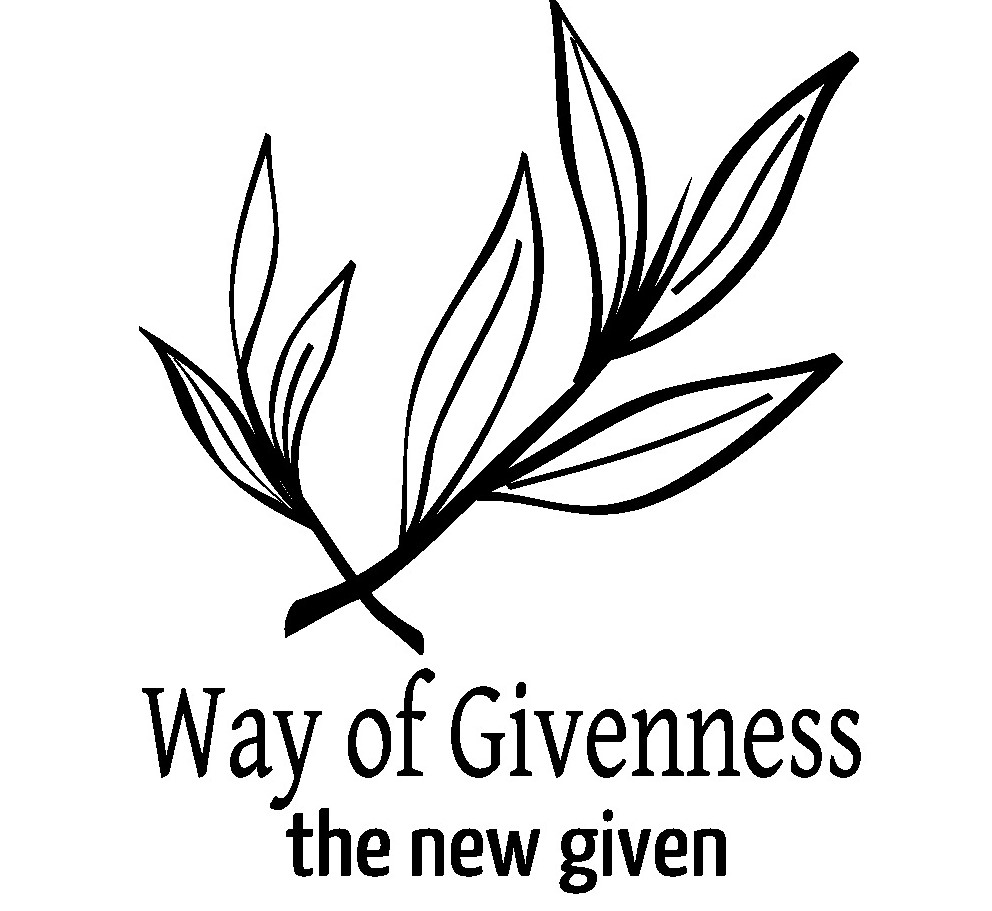
Solomon and Sheba

Synopsis 1Kings 9:26-10:9 4/17/2019
In addition to all of his other accomplishments, Solomon built of a fleet of ships. He stationed them on the Red Sea. And Hiram, king of Tyre, once again helped Solomon with the expertise he needed to train his own men. This fleet went on exploits that greatly enriched Solomon and all of Israel.
After this, the Queen of Sheba came to Jerusalem to meet King Solomon. Among other things, she had heard of his remarkable wisdom. And she was aware of the extraordinary accomplishments that were taking place throughout Israel. So, she came to see it for herself.
She riddled the king with difficult questions to test his knowledge. And she toured the land and shared meals at his court. In the end, she came to admire Solomon and concluded that his reputation was well-deserved. Finally, she blessed the Lord that he had established Solomon as king over Israel.
Solomon and Sheba
It’s somewhat curious that the royal leader of an ancient land like the Queen of Sheba would seek out the royal leader of another land like King Solomon.
Solomon was the ruler of Israel. And this was no easy task. In his reign, God used him to clarify and reinvigorate the vision of Israel’s role in the world. Truth be told, not many people in Israel could actually relate to the everyday challenge of living life with both the resources and obstacles that he faced every day.
The Queen of Sheba came looking for answers from a peer. She arrived both hopeful, but also a bit skeptical. Yet the result of her experience was validation from a peer and the encouragement to rule wisely.
The Validation of Peers
No matter what you do in life, there are usually other people who are doing something similar. These people constitute your peer group. Engineers tend to recognize and value their relationships with other engineers. Scientist do a similar thing with other scientists. Fashion designers and police officers and thrift shoppers all share peer groups – people who have in common some certain kind of work.
And because peers share certain insights into the nature of their common work, their relationships tend to focus on the work. Bakers talk to other bakers about baking. Pastors talk to other ministers about ministering. And as a result, peer relationships can be very meaningful.
If I did work that was so unique that there were few other people who even understood it, life might seem a little bit lonely. We all need to relate to our peers.
So, here’s a question: Who is your nearest Christian peer?
Who do you talk to about the challenges of following Jesus? And with whom do you share your insights when God gives an epiphany. Or who do you call when you are suddenly overwhelmed with joy?
Remember that The Way is a community of peers. Jesus came in the flesh as a man. Part of this was to allow us to relate better to Him – to receive Him as a peer.
Though He was without sin, yet He shares in the challenges of our daily life. And so, He is relatable.
“For we do not have a high priest who is unable to sympathize with our weaknesses, but one who has similarly been tested in every way, yet without sin.” Heb 4:15

